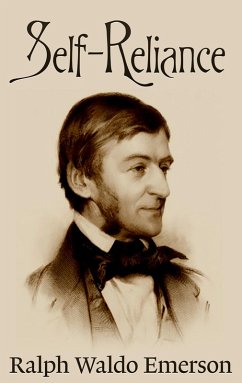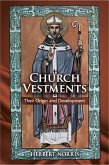This volume on ‘the Concept of Nature’ forms a companion book to my previous work An Enquiry concerning the Principles of Natural Knowledge. Either book can be read independently, but they supplement each other. In part the present book supplies points of view which were omitted from its predecessor; in part it traverses the same ground with an alternative exposition. For one thing, mathematical notation has been carefully avoided, and the results of mathematical deductions are assumed. Some of the explanations have been improved and others have been set in a new light. On the other hand important points of the previous work have been omitted where I have had nothing fresh to say about them. On the whole, whereas the former work based itself chiefly on ideas directly drawn from mathematical physics, the present book keeps closer to certain fields of philosophy and physics to the exclusion of mathematics. The two works meet in their discussions of some details of space and time. I am not conscious that I have in any way altered my views. Some developments have been made. Those that are capable of a non-mathematical exposition have been incorporated in the text. The mathematical developments are alluded to in the last two chapters. They concern the adaptation of the principles of mathematical physics to the form of the relativity principle which is here maintained. Einstein’s method of using the theory of tensors is adopted, but the application is worked out on different lines and from different assumptions. Those of his results which have been verified by experience are obtained also by my methods. The divergence chiefly arises from the fact that I do not accept his theory of non-uniform space or his assumption as to the peculiar fundamental character of light-signals. I would not however be misunderstood to be lacking in appreciation of the value of his recent work on general relativity which has the high merit of first disclosing the way in which mathematical physics should proceed in the light of the principle of relativity. But in my judgment he has cramped the development of his brilliant mathematical method in the narrow bounds of a very doubtful philosophy. The object of the present volume and of its predecessor is to lay the basis of a natural philosophy which is the necessary presupposition of a reorganised speculative physics...
Bitte wählen Sie Ihr Anliegen aus.
Rechnungen
Retourenschein anfordern
Bestellstatus
Storno









